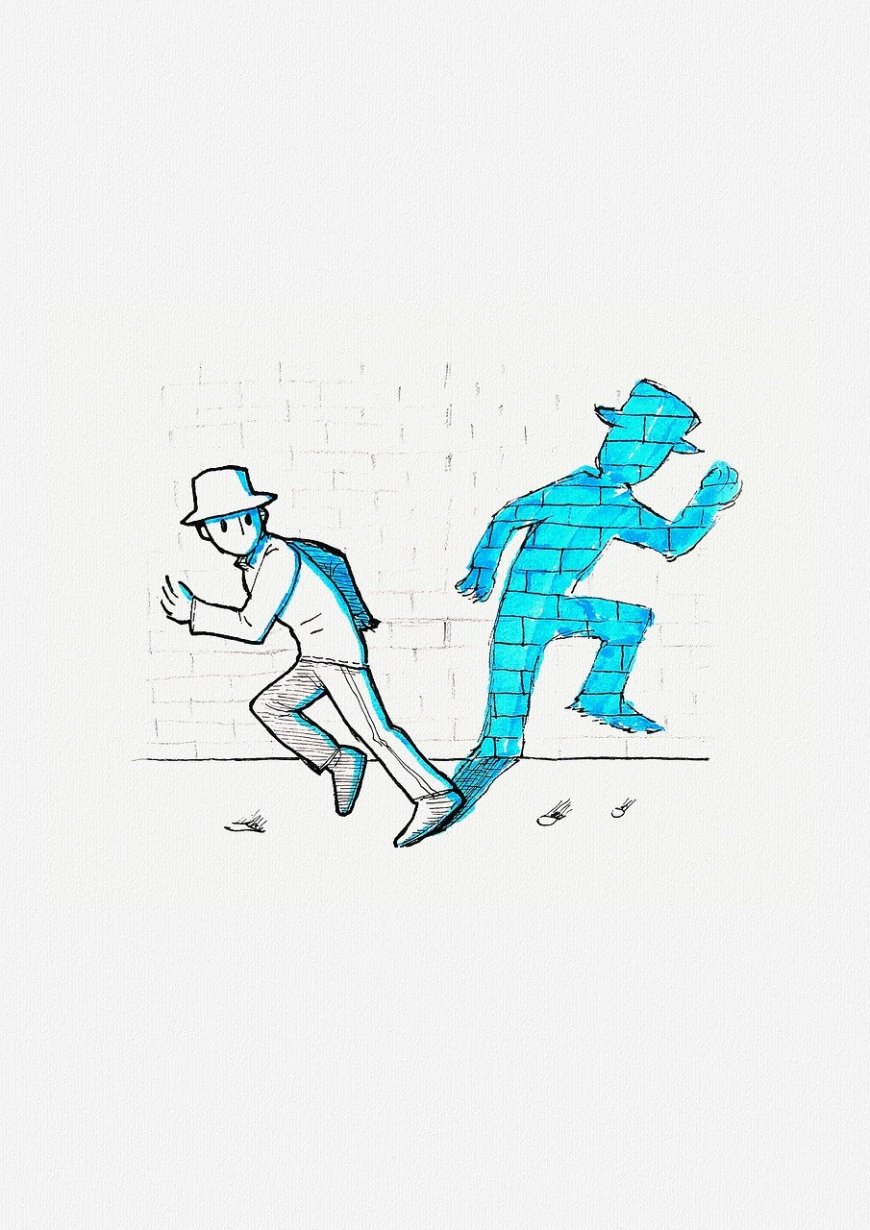SELF-DISCREPANCY THEORY
Have your ever experienced that you are not belong to situations which you are in? Or thought about that you can deserve better but cannot change something in your life? Maybe you experience self-discrepancy between your actual, ideal and ought to self.

According to the self-discrepancy theory, people contrast their "actual" selves with their "ideal/ought selves," or internalized standards. Disturbances between one's "real," "ideal," and "ought," or the idealized versions of oneself shaped by life experiences, are linked to emotional discomforts such as fear, threat, and restlessness. The difference between two of these self-representations that causes unpleasant feelings is known as self-discrepancy. The theory, which was developed by Edward Tory Higgins in 1987, offers a framework for comprehending the relationship between various emotional vulnerabilities and disparities between self-representations. (Encyplodia, 2022)
Essentially, what drives people to transform, accomplish, and better themselves is their "ideal-self." Positive outcomes, like receiving or not receiving love, are the main focus of the ideal self-regulatory system. Also, That's who you want to be—your ideal self. The qualities you are striving for or aspire to have been present in this individual. That is your ideal self, the person you would like to see yourself as. (Cherry, 2022) Discrepancies between one's ought, and ideal selves can cause a lot of stress. For instance, a lot of working mothers have an idealized self-image that encompasses growth and success in their careers. They might also feel obligated to be a full-time mother, as part of their ought self. (Libretexts, 2020)
The "ought-self" is a representation of the qualities that you, or someone else, feels you should or ought to have. Examples of these characteristics include someone's sense of duty or responsibilities. The ought self-regulatory system concentrates on the existence or nonexistence of unfavorable results, such as being reprimanded or put on hold. Libretexts (2020) mentioned that we are not living up to the ought self that we believe others have constructed for us when our true selves don't align with what we believe other people think we should have. This can cause feelings of agitation, threatened feelings, and fear of possible punishment. For example, when your real self's goals are completely different, you may feel conflicted about what to do when you consider your parents' expectations of you, and you may be afraid of losing contact with them. Also, we can compare three concepts between each other as mentioned below:
Actual versus one's own ideals are our general sense that our goals and aspirations are not being realized causes us to feel disappointed, unsatisfied, and frustrated.
Actual versus others’ ought are feelings of agitation, including fear of punishment, arise from our general perception that we are not fulfilling what others perceive to be our duties and obligations.
While reading these concepts, you had a chance to observe yourself and can aware some things in yourselves. Throughout our whole life, we can search for our ideal self. In some part of our lives, we cannot totally catch or succeed it, and it is absolutely normal and okay! Since we are human beings, we continually explore and develop ourselves.
References
Libretexts. (2020b, July 16). 2.2: Self-Discrepancy Theory. Social Sci LibreTexts. https://socialsci.libretexts.org/Courses/College_of_the_Canyons/COMS_246%3A_Interpersonal_Communication_(Leonard)/2%3A_Communication_and_the_Self/2.2%3A_Self-Discrepancy_Theory#:~:text=Discrepancies%20between%20the%20ideal%20and,be%20a%20full%2D%20time%20mother
MSEd, K. C. (2022, November 7). What is Self-Concept? Verywell Mind. https://www.verywellmind.com/what-is-self-concept-2795865
Self-Discrepancy theory. (2022d, October 31). https://encyclopedia.pub/entry/32029#:~:text=Developed%20by%20Edward%20Tory%20Higgins,different%20kinds%20of%20emotional%20vulnerabilities.
Self-Discrepancy theory. (2022c, October 31). https://encyclopedia.pub/entry/32029
Măroiu, C., & Maricuțoiu, L. P. (2020b). Actual self. In Springer eBooks (pp. 39–42). https://doi.org/10.1007/978-3-319-24612-3_1435
What's Your Reaction?




















































































